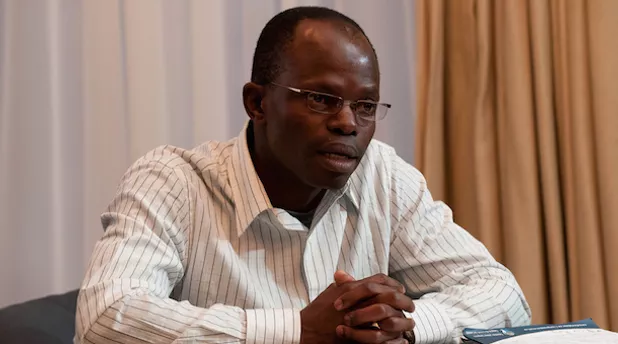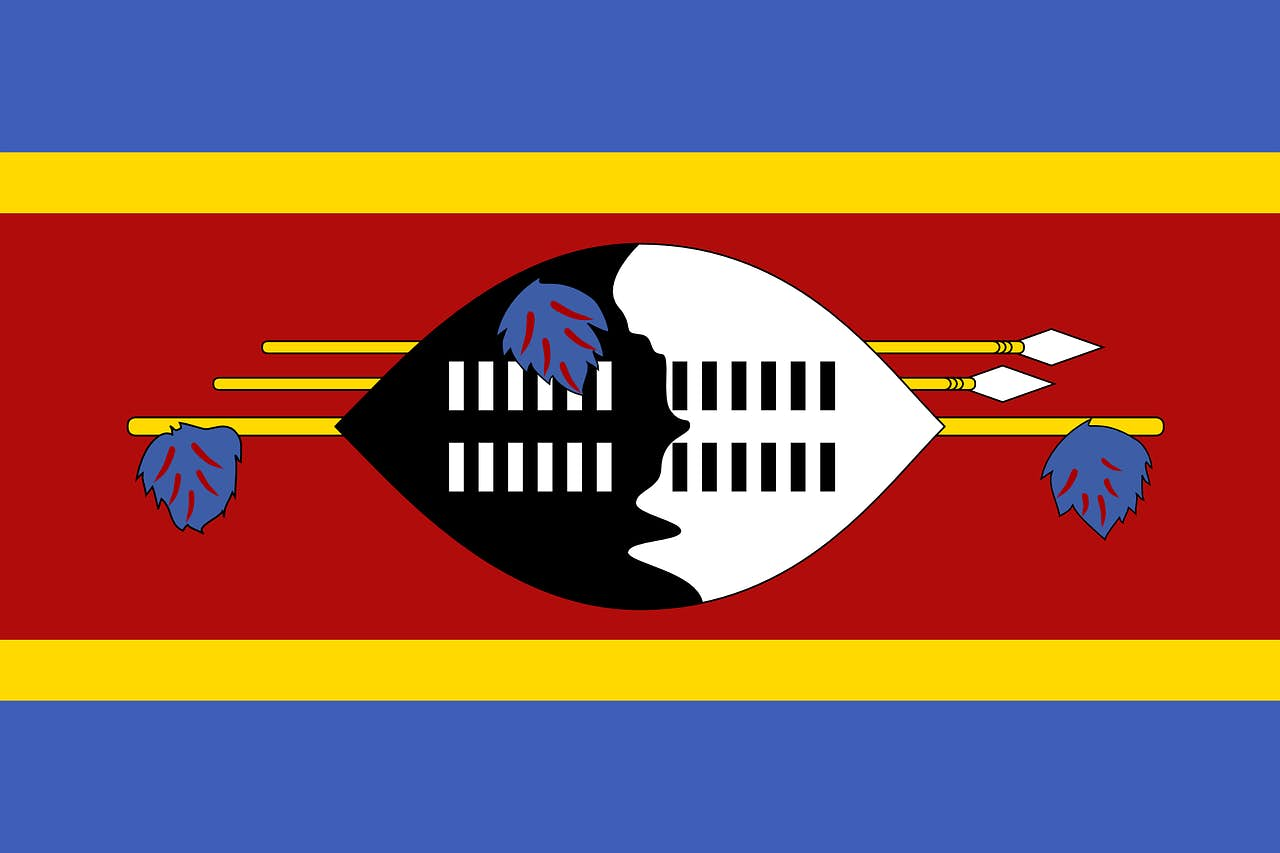NEW YORK – The Human Rights Foundation (HRF) welcomes yesterday’s release of human rights lawyer Thulani Maseko and journalist Bheki Makhubu in Swaziland after their appeal was granted by the country’s highest court. Maseko and Makhubu were sentenced to two years in jail in July 2014 for contempt of court after authoring articles critical of the Swazi judicial system. After their arrest, HRF declared them prisoners of conscience of the Swazi regime and called for their immediate release. At the time, Maseko was a confirmed speaker at the 2014 Oslo Freedom Forum.

“Yesterday’s decision by the Supreme Court of Swaziland is a great moment for Thulani Maseko and his family, and we are overjoyed that he will return home after 14 long months,” said HRF president Thor Halvorssen. “However, that Maseko was held for over a year in a maximum security prison like a dangerous criminal simply for publishing an article is a reminder that his country continues to be ruled by a dictator-king. So the peaceful fight for a free and democratic Swaziland goes on,” added Halvorssen.
Thulani Maseko is a prominent human rights lawyer in Swaziland, a country ruled by Africa’s last absolute monarch, King Mwsati III. Last year, Maseko authored a series of articles in The Nation, Swaziland’s only independent newspaper, criticizing the lack of judicial independence in the country. He and The Nation editor Bheki Makhubu were subsequently arrested, arraigned without legal representation, and convicted of contempt of court. In a press release, HRF concluded that these charges violated the International Covenant on Civil and Political Rights and the African Charter on Human and Peoples’ Rights, both of which have been signed by Swaziland. As part of an international effort to secure Maseko’s release, HRF authored articles in TIME and The Atlantic to spotlight the human rights crimes of the often-overlooked Swazi regime, where the king is reportedly worth billions of dollars, yet 80 percent of its citizens live on less than $2 per day.
After more than a year in prison, Maseko and Makhubu’s appeal was granted after the judge who had presided over their original trial, Judge Mpendulo Simelane, wascharged with corruption and “defeating the ends of justice.” Publishing criticism of Mswati’s ruling party is banned in Swaziland, where the king uses draconian laws like the Sedition and Subversive Activities Act to imprison his opponents. Despite the risks, Maseko has been a longtime advocate for democratic change in Swaziland, and continued to publish articles and make comments from behind bars. As he was unable to attend the 2014 Oslo Freedom Forum, his wife Tanele Maseko traveled to Norway to read a letter he penned from his prison cell, in which he shared his vision for a free, democratic, and just Swaziland.
“The charges used by Swaziland’s government against Maseko and Makhubu are typical of the pattern of abuse by authoritarian regimes, consisting of the overly broad construction and application of ‘official defamation’ provisions in order to suppress speech that would be perfectly legal in any democratic society. Vague and overly broad charges, like ‘contempt of court’ for speech criticizing judicial corruption, clearly violates international law,” said Javier El-Hage, general counsel of HRF. “In this case, the criminal charges were used to stifle speech critical of the lack of judicial independence by deeming it defamatory, while shifting the burden of proof for truth or falsity on to unjustly accused civil society leaders like Maseko, whose very job is to scrutinize the actions of government officials and institutions. He should not have spent a single day in jail,” concluded El-Hage.
The Human Rights Foundation (HRF) is a nonpartisan nonprofit organization that promotes and protects human rights globally, with a focus on closed societies. We believe that all human beings are entitled to freedom of self-determination, freedom from tyranny, the rights to speak freely, to associate with those of like mind, and to leave and enter their countries. Individuals in a free society must be accorded equal treatment and due process under law, and must have the opportunity to participate in the governments of their countries; HRF’s ideals likewise find expression in the conviction that all human beings have the right to be free from arbitrary detainment or exile and from interference and coercion in matters of conscience. HRF does not support nor condone violence. HRF’s International Council includes human rights advocates George Ayittey, Vladimir Bukovsky, Palden Gyatso, Garry Kasparov, Mutabar Tadjibaeva, Elie Wiesel, and Harry Wu.
Contact: Jamie Hancock, (212) 246-8486, [email protected]
